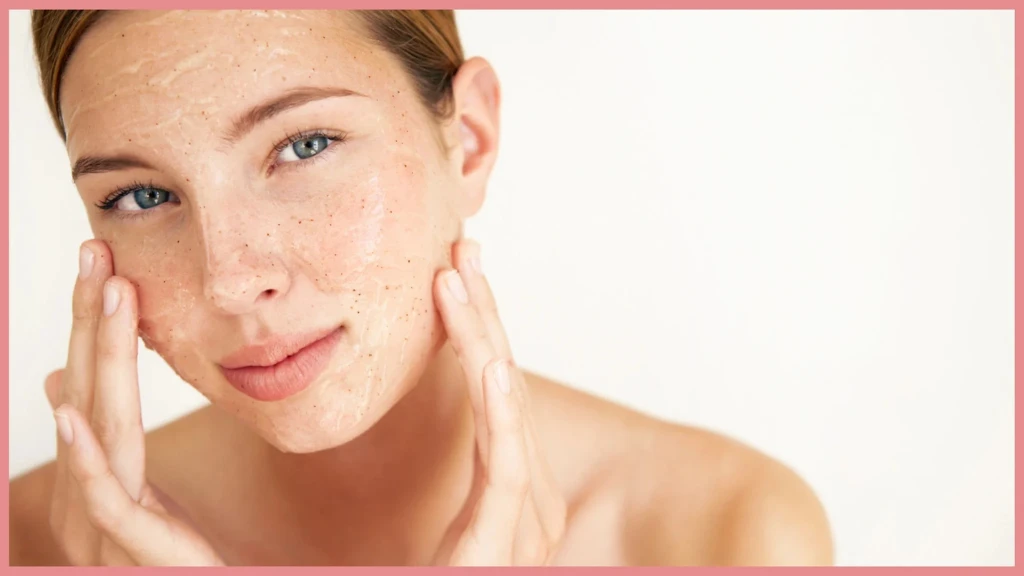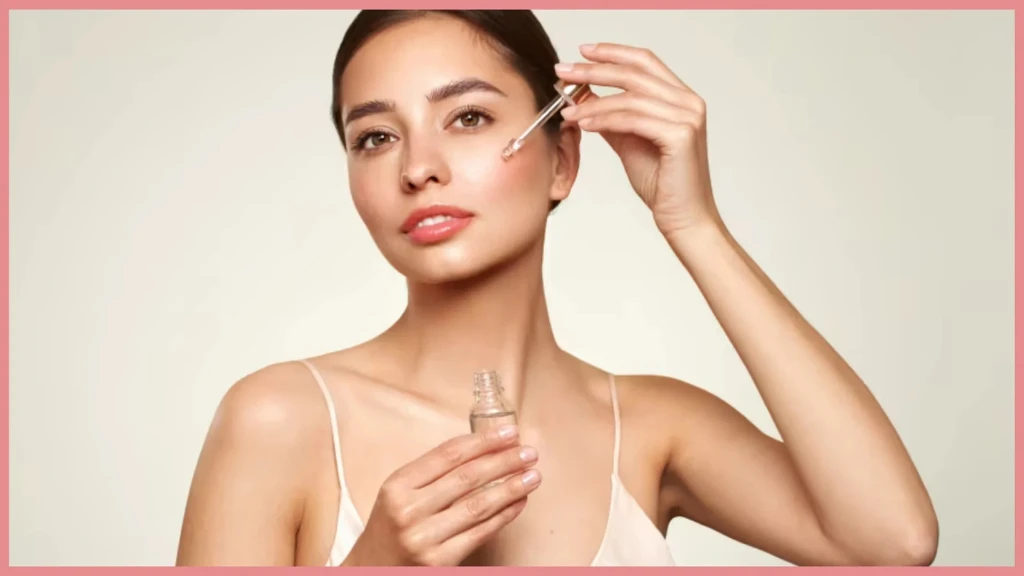Jojoba Oil for Skin: Why It Works
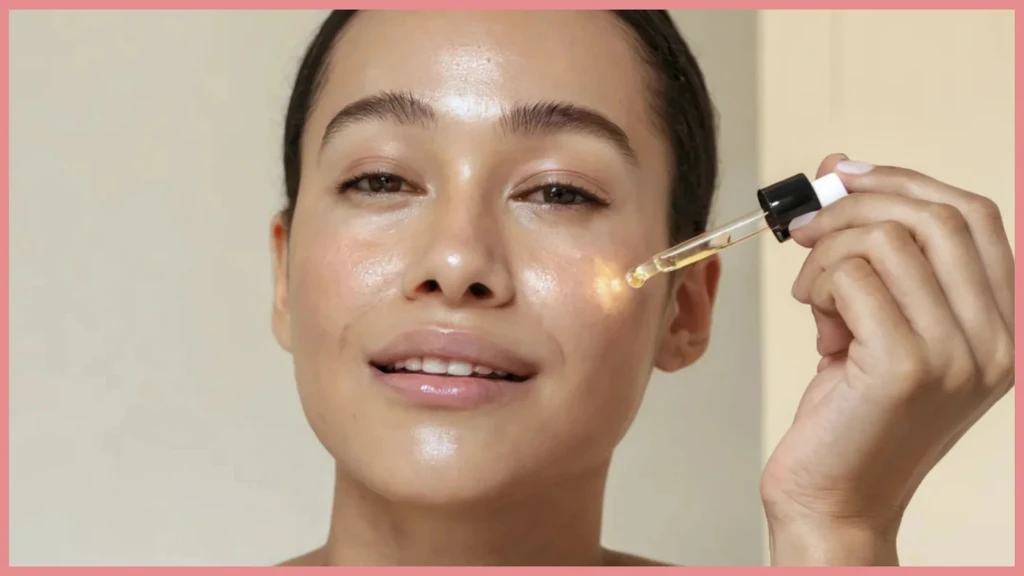
When it comes to keeping my skin happy, I've always been on the lookout for products that are both gentle and effective. One little gem that has consistently earned a spot in my skincare arsenal is jojoba oil.
It's SO good for your skin. With its unique properties and benefits, it has managed to stick around, even while other products have come and gone.
So, if you’re curious about what makes this natural ingredient so special, I'll take a closer look at the benefits of jojoba oil and how it can transform your skincare routine.
How Jojoba Oil Transforms Your Skin
What Makes Jojoba Oil Unique?
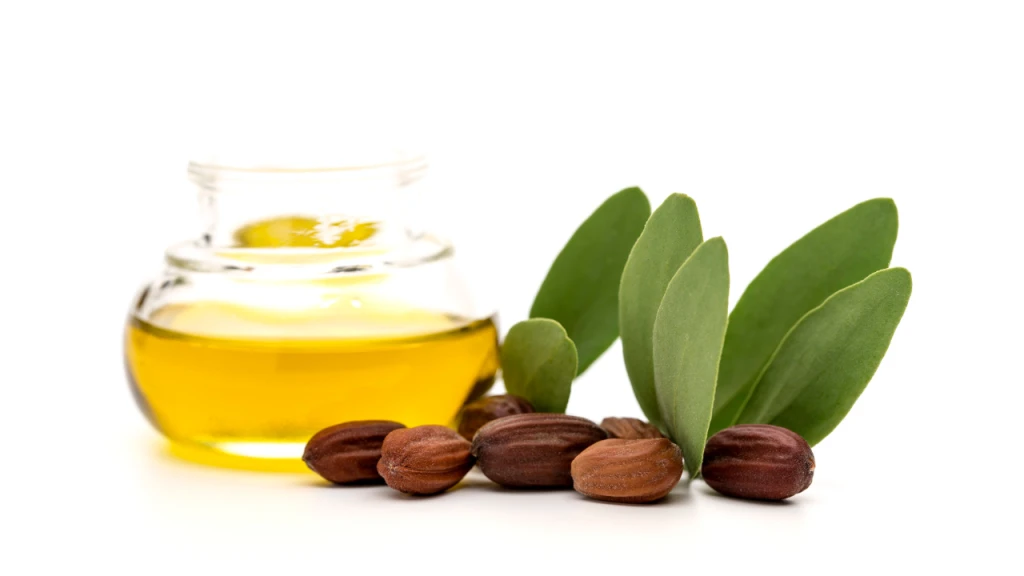
First off, let’s clear up a common misconception: jojoba oil isn't actually an oil—it's technically a wax ester.
This unique structure is what sets it apart from other oils. Jojoba oil closely mimics the natural sebum (the oily substance our skin produces), making it super compatible with our skin. It’s almost like your skin recognizes it and happily accepts it.
Another thing I love about jojoba oil is its stability. Unlike some oils that go rancid quickly, jojoba has a long shelf life. It’s naturally resistant to oxidation, which means it stays fresh and effective for much longer.
Plus, it’s hypoallergenic, so it’s safe to use even if you have sensitive skin. On top of that, it has natural antibacterial and antifungal properties—an added bonus if you’re dealing with breakouts or trying to keep your skin clear.
Jojoba oil is one of the most versatile natural oils for skincare, offering hydration and anti-inflammatory benefits. If you’re looking for more natural skincare solutions, explore the benefits of black seed oil and how oregano oil can help with skin health.
Let’s not forget the “humectant” factor. Humectants are ingredients that draw moisture from the air into your skin. Jojoba oil does just that, which is why it leaves your skin feeling hydrated without the greasy after-effect.
Jojoba Oil Benefits for Skin
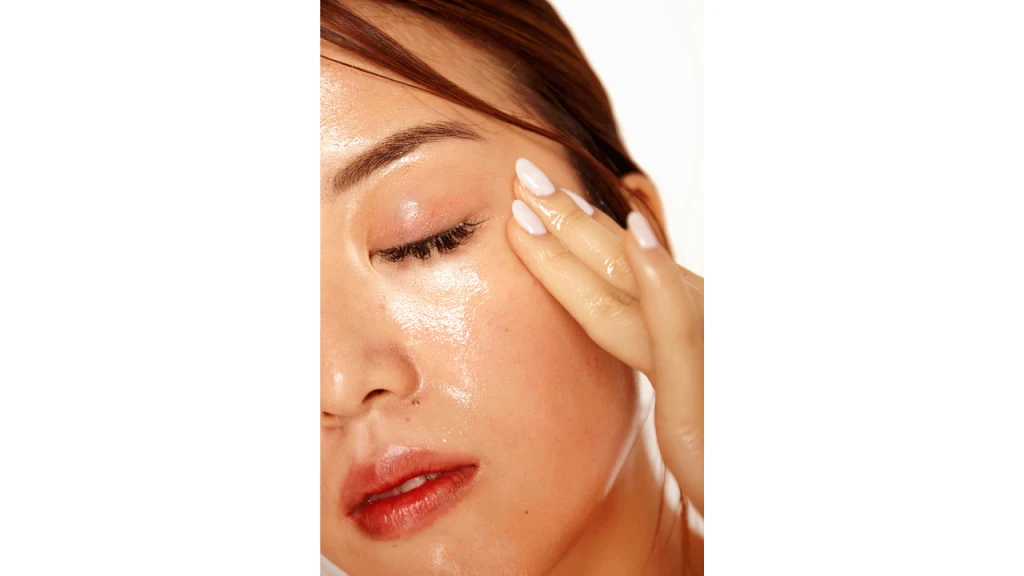
Okay, so what exactly can jojoba oil do for your skin? Quite a lot, actually! Let’s break it down:
Moisturization
One of the first things I noticed after using jojoba oil is how deeply it moisturizes without feeling heavy. It penetrates the skin easily and helps balance sebum production, making it perfect for both dry and oily skin types.
If your skin tends to go dry and flaky in the winter, jojoba oil can be a game-changer since it not only hydrates but also locks in moisture, leaving your skin soft and smooth. As a darker complected black woman, when my skin gets dry and dehydrated, I hate the whitish-gray tint that appears. With jojoba oil, I get longer lasting protection against dryness and flaky skin.
Jojoba acts as a humectant, drawing moisture from the air to keep your skin hydrated throughout the day. Plus, it works beautifully on its own as a lightweight moisturizer or as a boost to your favorite face cream. Its ability to balance oil production makes it an excellent choice for those with oily or combination skin, helping you achieve that perfect equilibrium.
Anti-inflammatory Properties
I have sensitive skin that tends to get red and irritated easily, especially during the colder months. Jojoba oil has been a lifesaver for me because of its anti-inflammatory properties.
It’s incredibly soothing, which can be especially helpful if you’re dealing with eczema, psoriasis, or just general irritation. It not only reduces redness but also calms the skin, making it a go-to for those annoying flare-ups.
Additionally, it’s great at soothing chafing and chapping, particularly around the nose during harsh weather. For those battling inflamed skin conditions like eczema, jojoba oil can bring much-needed relief.
Antioxidant Power
Jojoba oil is packed with Vitamin E, a powerful antioxidant that shields your skin from free radical damage. This is especially important if you’re concerned about aging, as free radicals are one of the main culprits behind wrinkles and sagging skin.
While it won’t magically erase wrinkles, jojoba oil can certainly help keep your skin looking healthy and youthful by combating oxidative stress.
Beyond its antioxidant benefits, it also provides protection against environmental damage, supports overall skin health, and promotes elasticity. Over time, it can even help even out your skin tone and reduce the appearance of dark spots.
Acne Treatment
If you’re dealing with acne, the idea of putting oil on your face might sound like a nightmare. But here’s the catch: jojoba oil is non-comedogenic, meaning it won’t clog your pores.
In fact, because its structure closely resembles human sebum, it can actually help regulate your skin’s natural oil production.
By balancing these oils, it can reduce breakouts and even help dissolve those stubborn blackheads.
Its ability to regulate sebum production cuts down on excess oil, while its antibacterial properties make it effective against acne-causing bacteria, making it a great ally in your skincare routine.
Wound Healing and Scar Reduction
I’ve used jojoba oil on minor cuts and acne scars, and I’ve noticed it genuinely helps speed up the healing process. Thanks to its rich Vitamin E content, it supports the skin’s natural repair mechanisms, which can gradually reduce the appearance of scars.
It not only promotes skin regeneration but also helps minimize the visibility of acne scars over time. Plus, it’s great for applying to minor wounds to encourage quicker healing.
Makeup Removal
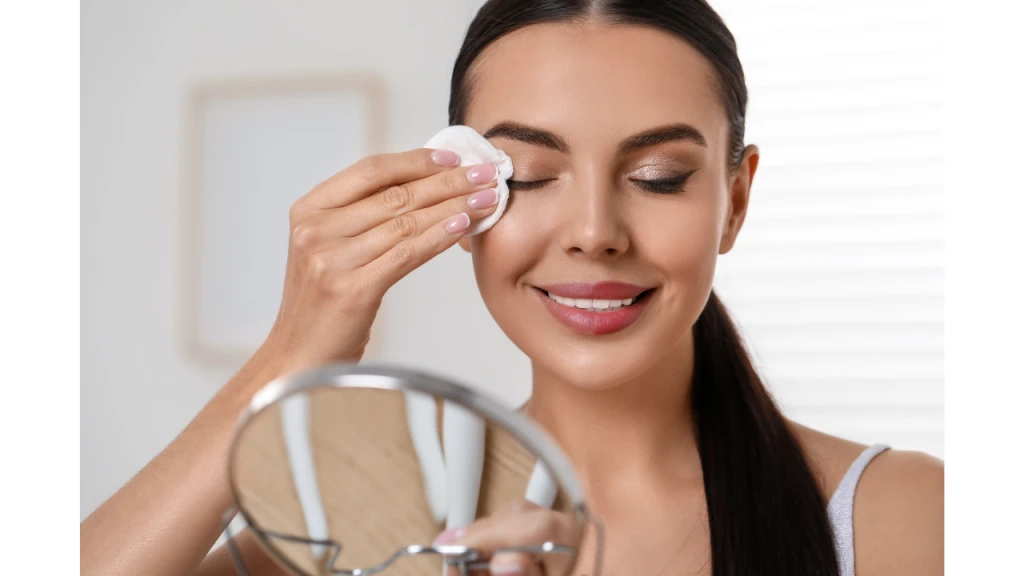
Here’s a little hack: if you’re tired of makeup removers that leave your skin feeling dry and tight, try using jojoba oil instead. It’s fantastic at breaking down even the most stubborn waterproof mascara, and it’s gentle enough to use around the eyes without causing irritation.
It effectively removes makeup without stripping your skin of its natural moisture, leaving it feeling soft and well-hydrated afterward—especially in those sensitive areas like the eyelids.
Sunburn Relief
Spent a little too much time in the sun? Jojoba oil makes an excellent after-sun treatment. It helps soothe sunburned skin, reduces redness, and prevents peeling. I’ve personally found that applying it after a long day in the sun helps my skin recover much faster.
It not only reduces inflammation but also restores moisture to prevent peeling. Plus, with its Vitamin E content, it supports the skin's repair process, helping it heal more efficiently.
Scalp Health
Jojoba oil isn’t just great for your skin—it works wonders for your scalp too. If you’re dealing with issues like dandruff or psoriasis, this oil can be a game-changer. Thanks to its anti-inflammatory properties, it helps soothe itchy, irritated areas, providing relief from those pesky, dry flakes.
Jojoba oil also acts as a natural conditioner, keeping your scalp moisturized without weighing down your hair. Plus, it’s excellent at balancing the scalp’s natural oils, which can prevent both dryness and excess oil production.
By using jojoba oil regularly, you can maintain a healthier scalp environment, which ultimately supports stronger, shinier hair.
Anti-Aging
If fine lines and wrinkles are a concern, jojoba oil might just become your new best friend. Its antioxidant-rich composition, particularly the presence of Vitamin E, helps protect your skin from free radical damage that can accelerate aging.
What’s more, jojoba oil plays a role in promoting collagen synthesis, which is crucial for maintaining skin’s elasticity and firmness. With regular use, it can help reduce the appearance of fine lines, giving your skin a smoother, more youthful look.
The antioxidants, combined with its ability to boost collagen, may contribute to firmer, more resilient skin, leaving you with a glowing complexion.
How to Use Jojoba Oil in Your Skincare Routine
Jojoba oil is incredibly versatile, which is one of the reasons I always keep a bottle around. Here are a few ways you can incorporate it into your daily routine:
- Cleanser: Use it to cleanse your face and remove makeup. Simply massage a small amount onto your skin and wipe away with a warm, damp cloth.
- Moisturizer: Apply a few drops directly to your face or mix it with your moisturizer for an extra hydration boost.
- Spot Treatment: Dab it onto blemishes or dry patches for targeted treatment.
- Carrier Oil: Mix it with essential oils for a customized skincare solution.
- Hair & Scalp: Use it as a leave-in conditioner or a hot oil treatment to nourish your scalp and hair.
Choosing the Right Jojoba Oil
When it comes to selecting jojoba oil, quality matters. I always recommend opting for cold-pressed, unrefined jojoba oil. This type is extracted without using heat, which means it retains more of its natural nutrients and beneficial properties.
Cold-pressed oils are richer in vitamins, antioxidants, and fatty acids, making them far more effective for your skin than hot-pressed varieties, which can lose some of these nutrients during the extraction process.
Another thing to consider is choosing organic jojoba oil. Organic versions are free from pesticides and chemicals, which is especially important if you have sensitive skin or are prone to breakouts.
It’s worth investing in oils from reputable brands or trusted retailers to ensure you’re getting a pure product without any additives. While organic jojoba oil may be a bit pricier, the benefits for your skin are well worth it.
So, whether you’re using it as a moisturizer, makeup remover, or soothing treatment, make sure you’re choosing a high-quality oil for the best results.
Potential Issues When Using Jojoba Oil
While jojoba oil is generally safe and well-tolerated, it's always smart to take precautions, especially if you have sensitive skin. Side effects are rare, but in some cases, people might experience mild irritation or an allergic reaction.
To avoid any unpleasant surprises, I always recommend doing a patch test before fully incorporating jojoba oil into your routine.
Here’s how to do it: Apply a small amount of the oil on a discreet area, like the inside of your wrist or behind your ear. Wait for at least 24 hours and check for any signs of redness, itching, or discomfort.
If your skin remains calm and irritation-free, you can confidently use it on your face or body. However, if you notice any reaction, it’s best to discontinue use right away.
Remember, everyone's skin is different, and what works wonders for one person may not suit another, so it's better to be cautious when trying any new product.
Conclusion
Jojoba oil is one of those ingredients that just does so much for your skin. Whether you’re looking to boost hydration, reduce inflammation, or keep your acne under control, this little multitasker has got you covered.
It’s gentle enough for everyday use and powerful enough to make a real difference in your skin’s health. So if you haven’t tried jojoba oil yet, I highly recommend giving it a shot—you might just fall in love with it like I did.


